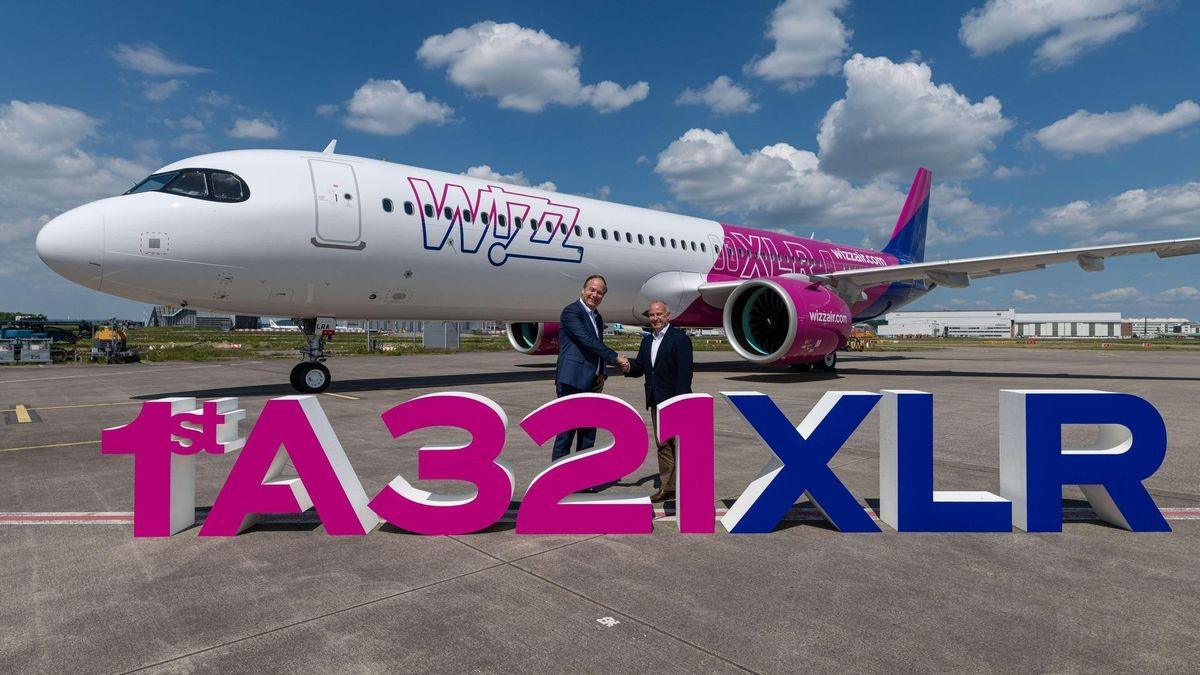Wizz Air: Recent Developments and Future Outlook

Introduction
Wizz Air, a Hungarian low-cost airline, is rapidly becoming a significant player in the European aviation market. With its extensive network and budget-friendly fares, the airline plays a crucial role in making air travel accessible to a broader audience. As travel restrictions ease and demand for air travel increases, Wizz Air’s strategic decisions and expansions are of significant interest to both travelers and industry analysts.
Recent Developments
In recent months, Wizz Air has announced several initiatives that reflect its commitment to growth. In early September 2023, the airline unveiled plans to add new routes from London Luton, allowing better connectivity to regions within Europe, including exciting destinations such as Porto and Athens. This expansion aims to meet the rising demand for travel, particularly as European cities open up after the pandemic.
Moreover, the airline has added fleet sustainability to its operational goals. In August, Wizz Air confirmed an order for 75 Airbus A321neo aircraft, which are recognised for their fuel efficiency and lower emissions compared to older models. This move underlines the airline’s intent to reduce its carbon footprint while enhancing its service offerings.
Financial Performance
Wizz Air’s financial report for the second quarter of 2023 indicates a strong recovery post-COVID-19. The airline reported a revenue increase of 22% compared to the previous quarter, largely driven by higher passenger numbers and increased demand for leisure travel. This promising financial outlook positions Wizz Air for further expansion and potential investments in new technology and customer service enhancements.
Future Outlook
As Wizz Air continues to adapt to the ever-changing dynamics of the aviation industry, analysts predict that the airline will maintain its trajectory toward growth. Its focus on affordability, expansion of route offerings, and commitment to sustainability are likely to resonate well with both new and returning customers. Furthermore, with the anticipated demand surge for European travel in the coming holidays, Wizz Air’s position could further strengthen in an increasingly competitive market.
Conclusion
The developments at Wizz Air serve as a testament to the resilience of the airline industry and its capacity to innovate and grow in challenging times. With a focus on expanding its fleet and routes, Wizz Air is set not only to meet the needs of discerning travellers but also to play a pivotal role in the future of low-cost air travel in Europe. The upcoming months will undoubtedly reveal how the company navigates the nuances of recovery and expansion, making it an important player to watch in the aviation sector.
